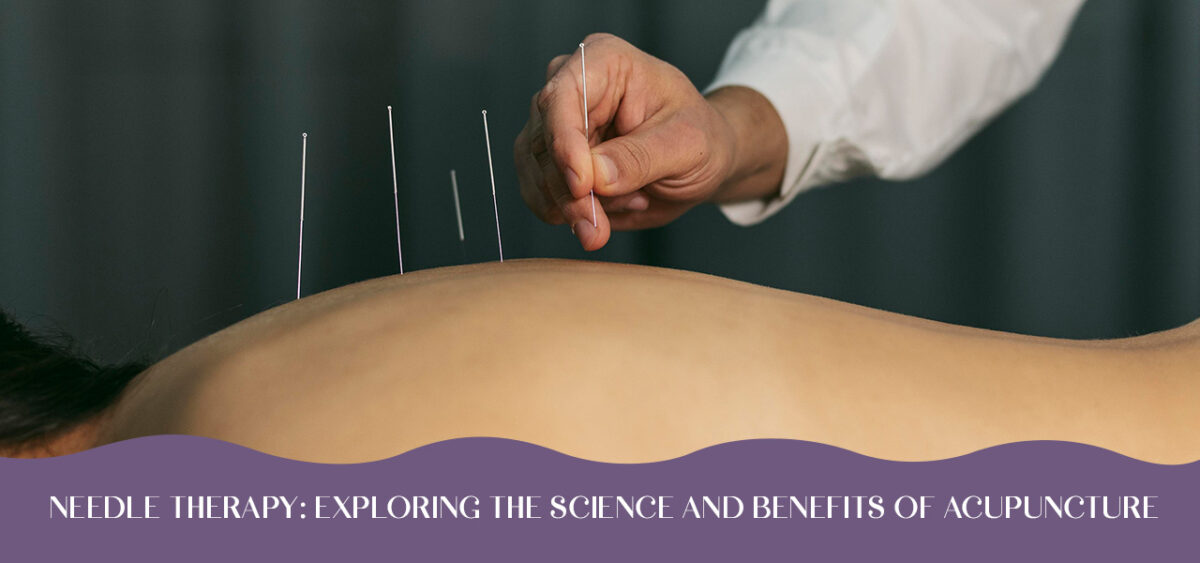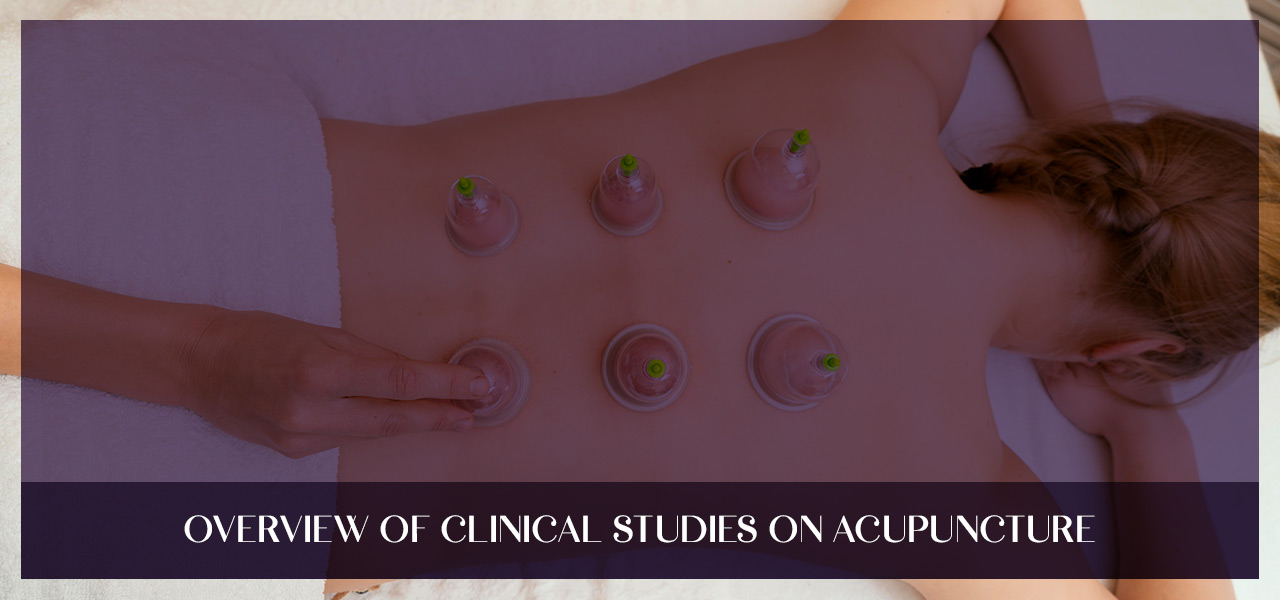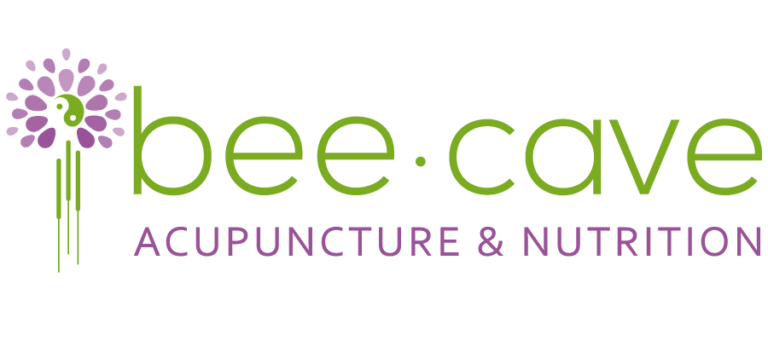Needle Therapy: Exploring the Science and Benefits of Acupuncture

Have you ever considered using tiny needles to improve your health? Acupuncture, an ancient Chinese therapy that involves inserting thin needles into specific points on the body, has been gaining popularity in recent years for its ability to treat a wide range of conditions, from chronic pain to anxiety.
Despite its long history and proven effectiveness, many people are still skeptical about the practice. In this article, we’ll explore how acupuncture works, learn about its uses and benefits and find out what makes it safe and effective. Whether you’re a curious skeptic or a seasoned acupuncture enthusiast, read on to know more about this fascinating practice.
Acupuncture is a complex and nuanced practice that has been used for thousands of years. Understanding the concept of Qi and meridians, as well as the role of acupuncture in restoring the flow of Qi, is key to understanding how acupuncture works.
The Concept of Qi
The practice of acupuncture is based on the concept of Qi, which is a life force or energy that flows through the body along meridians or channels. These meridians are interconnected and correspond to different organ systems in the body.
When the flow of Qi is disrupted or blocked, it can lead to illness or disease. Acupuncture restores the balance and flow of Qi, which can promote healing and improve overall health. The role of acupuncture in restoring the flow of Qi is central to its effectiveness in treating a wide range of health conditions.
The Western Theory
Western medical theories suggest that acupuncture may stimulate the release of endorphins and other neurotransmitters, which can help to alleviate pain and promote a sense of well-being. Other theories propose that acupuncture may help to regulate the autonomic nervous system, which can impact a wide range of bodily functions such as blood pressure, digestion, and immune function. This is also true. It uses the patient’s Qi to restore health.
Overview of Clinical Studies on Acupuncture

Numerous clinical studies have been conducted to evaluate the effectiveness of acupuncture. Many of these studies have been randomized controlled trials (RCTs), which are considered the gold standard in medical research. These studies have been done on a variety of health conditions, including chronic pain, fertility, nausea, anxiety, and depression, among others.
A 2012 meta-analysis published in the Archives of Internal Medicine reviewed 29 RCTs involving over 17,900 patients with chronic pain. The analysis found that acupuncture was more effective than sham acupuncture and standard care in reducing chronic pain. Similarly, a 2018 meta-analysis published in the Journal of Pain concluded that acupuncture is effective in a number of chronic pain conditions.
What Are the Uses and Benefits of Acupuncture?
Therefore, acupuncture is a therapy that has many uses and benefits. It is used for pain relief, including musculoskeletal pain and migraines, as well as reducing stress and promoting relaxation. Acupuncture has also been shown to improve fertility rates in women undergoing IVF.
It can also solve digestive disorders such as IBS and acid reflux. Additionally, it can improve sleep quality and reduce insomnia, boost the immune system, and reduce symptoms of depression, stress and anxiety.
One of the key benefits of acupuncture is that it is non-invasive and does not require medication or surgery, leading to no side effects and is safe when performed by a licensed acupuncturist. Acupuncture has a holistic approach, it treats the root of the condition not just the symptoms, and treatments are customized based on the individual’s specific needs.
Is Acupuncture Safe?
While acupuncture is generally safe and effective, it’s important to find a licensed and experienced acupuncturist. Furthermore, acupuncture is often used in conjunction with other forms of medical treatment, such as physical therapy, herbal therapy and nutrition.
